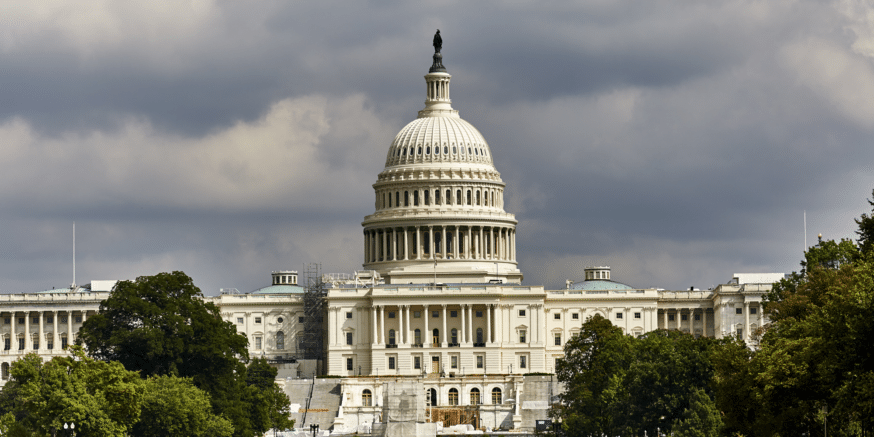TLDR
- McKernan’s nomination for Treasury was approved with a 51-47 Senate vote.
- McKernan aims to foster economic growth and reform financial markets.
- He is known for criticizing U.S. banking and advocating crypto integration.
- Treasury Secretary Bessent calls McKernan an “ideal leader” for reforms.
The U.S. Senate confirmed Jonathan McKernan as the Treasury Under Secretary for Domestic Finance in a close 51-47 vote. McKernan, a nominee supported by former President Donald Trump, has a background critical of excessive regulation and the issue of crypto debanking. His confirmation marks a new chapter for the Treasury Department as he prepares to oversee key economic matters, including financial markets and institutional reform.
McKernan’s Appointment and Senate Confirmation
Jonathan McKernan’s nomination to serve as the Treasury Under Secretary for Domestic Finance has been confirmed by the U.S. Senate. The final vote, held on Tuesday, concluded with a narrow margin of 51-47.
His confirmation represents a significant shift in economic policy direction, particularly with regard to financial regulations.McKernan’s appointment comes after strong backing from former President Donald Trump, who has been a vocal advocate for reducing government overreach.
McKernan’s professional experience includes his tenure as a board member at the Federal Deposit Insurance Corporation (FDIC). He is also recognized for his outspoken stance on issues like overregulation and crypto debanking, which have contributed to his reputation as a reformist. Following the confirmation vote, Treasury Secretary Scott Bessent praised McKernan as an “ideal leader” who will guide efforts to curb government excesses from previous administrations.
Role and Responsibilities at the Treasury
In his new role, McKernan will oversee the Treasury Department’s financial markets and advise on various economic issues. His responsibilities will span financial institutions, markets, and stability, sectors crucial to maintaining and fostering economic growth. McKernan is expected to play a key role in shaping policies that impact the U.S. economy and financial landscape, including potential reforms.
During his Senate nomination hearing in July, McKernan emphasized his commitment to driving reforms aimed at fostering growth both within and outside the financial system. He stressed the importance of creating jobs and increasing wealth for Americans, while ensuring that financial systems remain competitive and stable. His vision includes making the U.S. banking system more innovative and integrated with new technologies, such as cryptocurrencies.
Criticism of U.S. Banking System and Focus on Crypto Integration
Before his nomination, McKernan had been outspoken about the U.S. banking system’s shortcomings, particularly its lack of innovation and its failure to integrate with emerging technologies like cryptocurrency. He argued that the current banking model is “increasingly unattractive” and unable to meet market demands. McKernan also pointed to the system’s declining performance compared to global standards.
While McKernan has not directly criticized crypto debanking, he has expressed support for individuals like Austin Campbell, CEO of Worldwide Stablecoin Payment Network, who are working on alternative financial solutions. McKernan’s focus on the integration of crypto with traditional financial systems suggests he may advocate for reforms in this area during his tenure.
Treasury Secretary’s Praise and Expectations
Following McKernan’s confirmation, Treasury Secretary Scott Bessent issued a statement calling him an “ideal leader” for the role. Bessent acknowledged McKernan’s qualifications and experience, noting his potential to help reverse government overreach and promote a stronger economy. He expressed confidence that McKernan would help lay the foundation for what he described as “America’s Golden Age.”
Bessent’s praise reflects the broader expectation that McKernan will bring much-needed change to the Treasury Department. With a focus on financial stability, market integration, and innovation, McKernan’s appointment signals potential shifts in U.S. economic policies, particularly regarding how the country adapts to emerging technologies and global financial trends.






